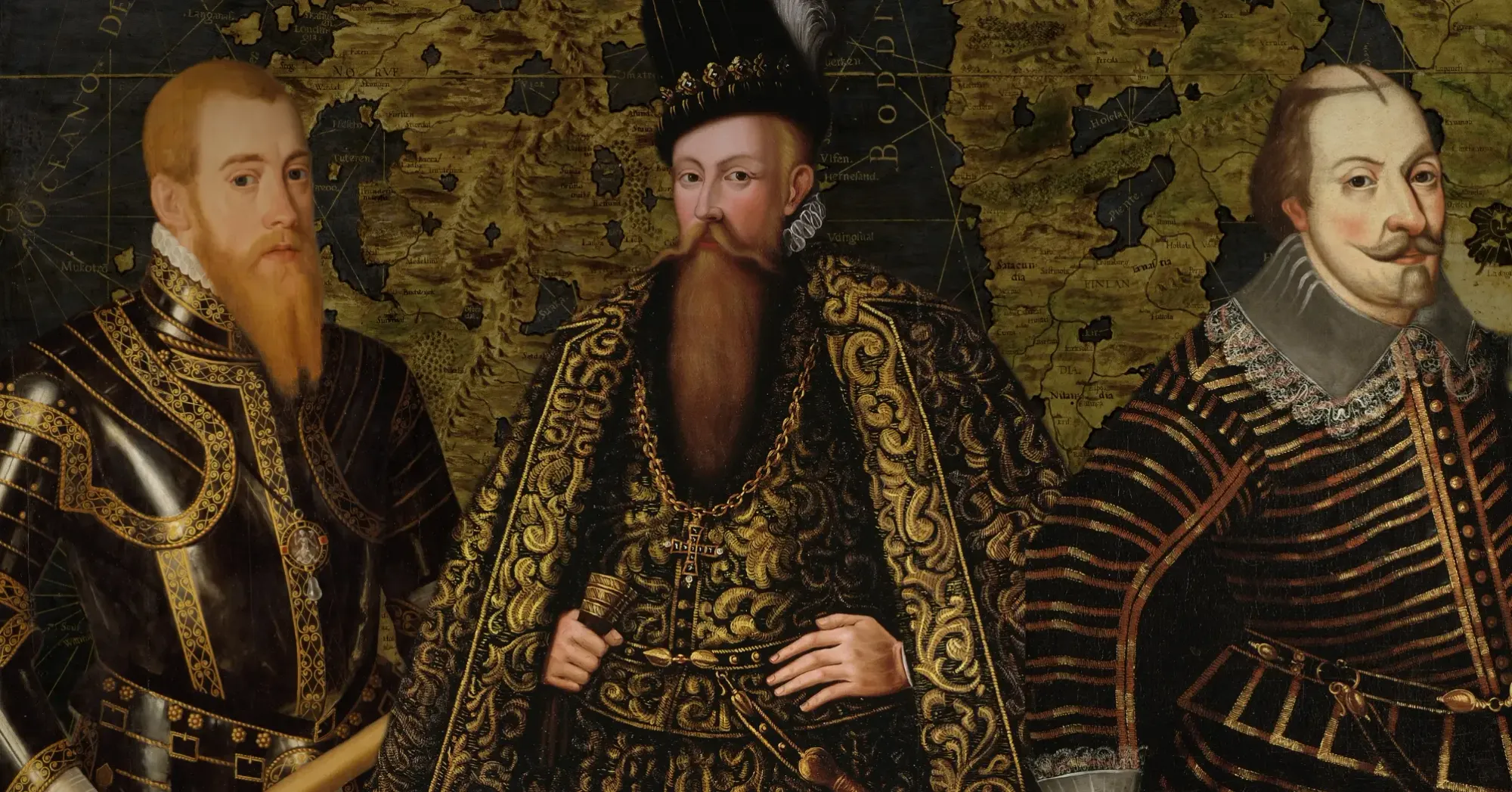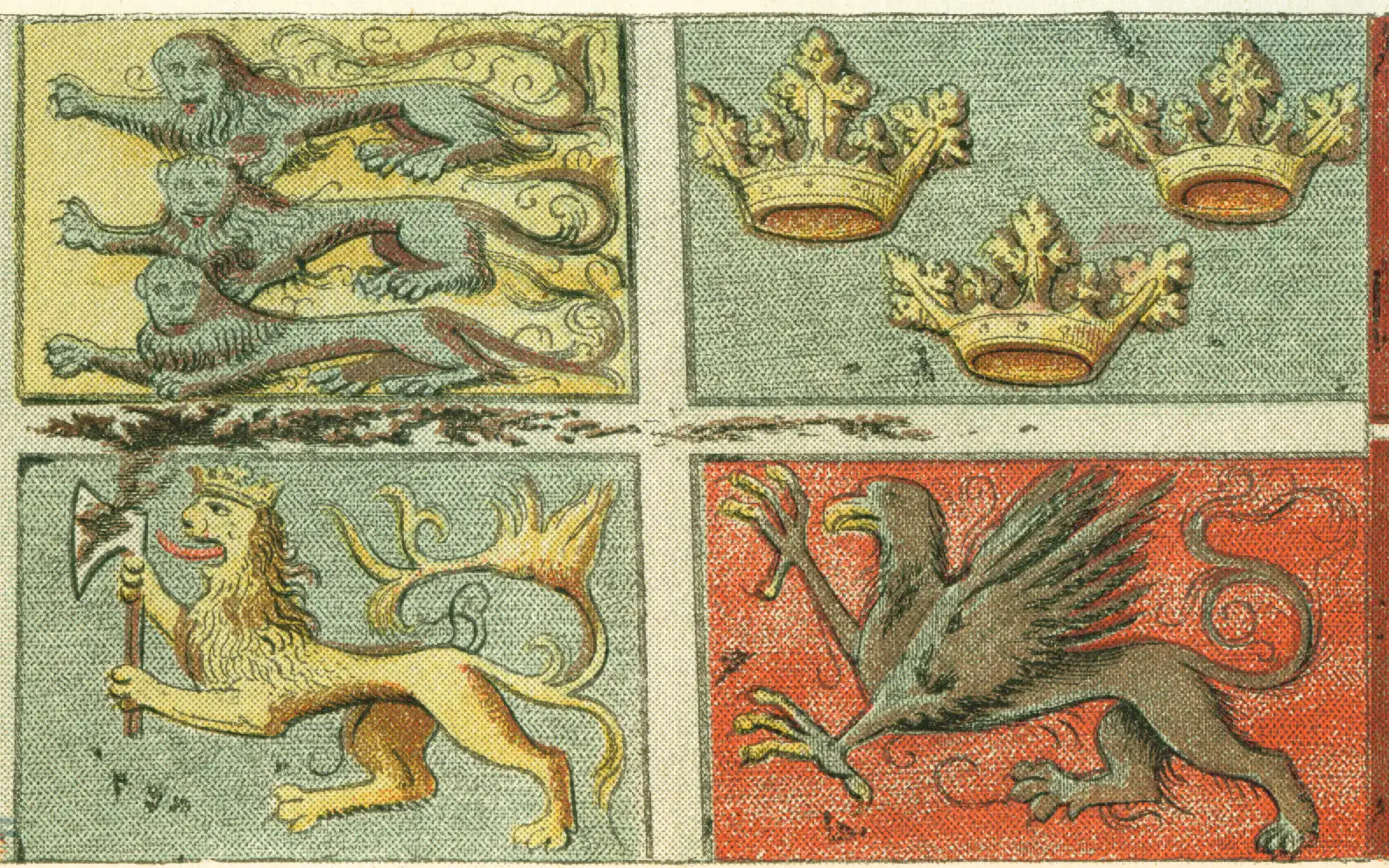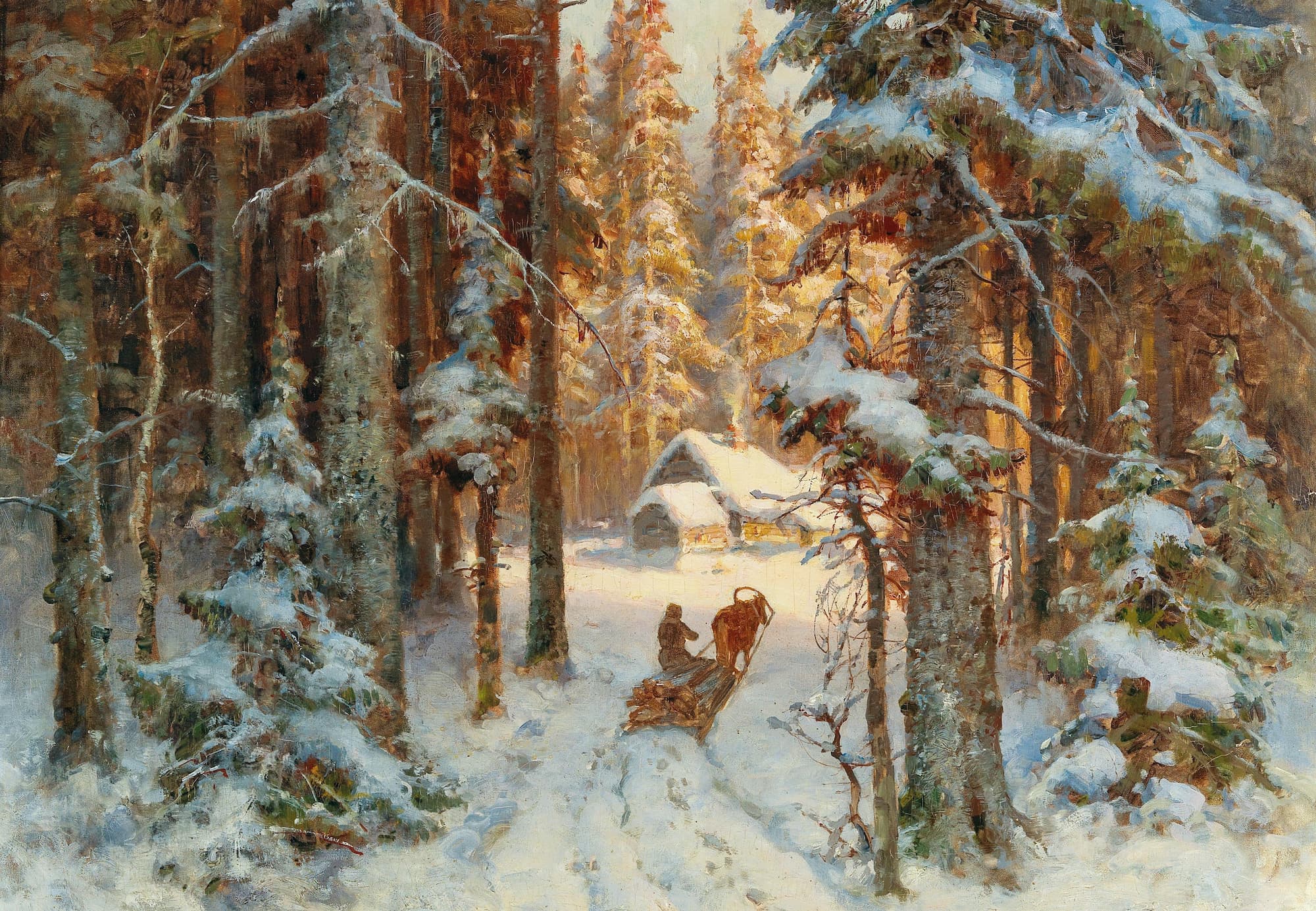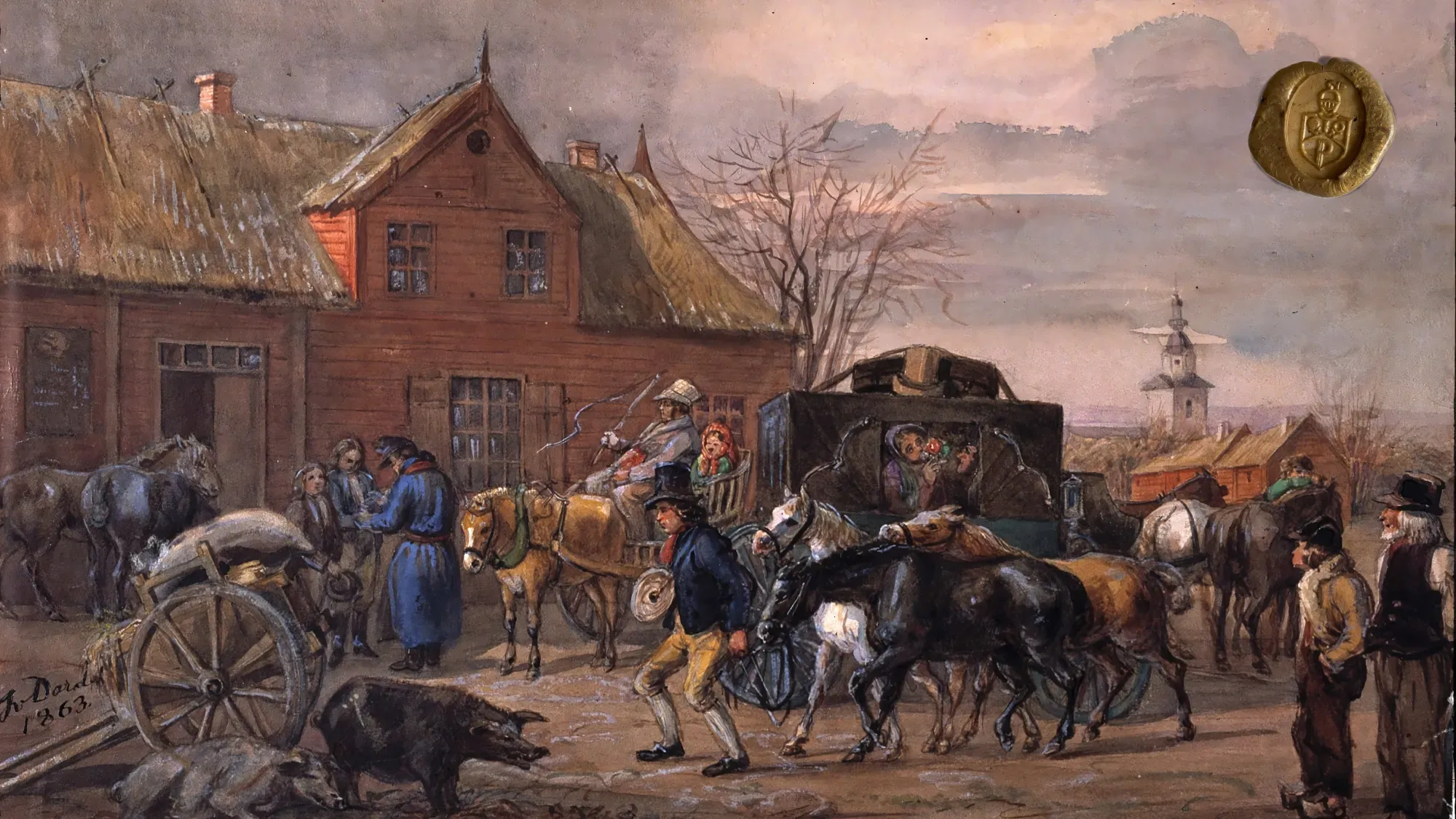The legacy started by Gustav I was continued by his sons, who didn't always agree with his ways – or each other's. Owing to his shift from an elective to a hereditary monarchy, the House of Vasa ruled Sweden for more than a century.
Erik: The chosen king, reigned 1560 – 1569
Erik was the eldest son of Gustav Vasa, and his only child with his first wife Catherine of Saxe-Lauenburg. He was thus first in line to the throne. He was born at Tre Kronor in 1533, and when his mother died less than two years later, his father remarried. Erik grew up with eight half-siblings. He was educated alongside his brother Johan, four years his junior, and had an aptitude for languages, mathematics and history.
In 1557, Erik was granted fiefdoms in Kalmar, Kronoberg and Öland, and he became the Duke of Kalmar. His relationship with his father became strained due to Erik's mighty ambitions to gain an influential foreign wife – he offered his hand to several royals including Elizabeth I, Mary Queen of Scots, Renata of Lorraine and Anna of Saxony. Gustav needn’t have worried, however; sadly none of Erik's offers were accepted.
Upon his father's death in 1560, Erik was crowned Erik XIV[[1]] – and he promptly limited the power of his half-brothers, Johan and Karl, through the Articles of Arboga. He also, ironically, had a tense relationship with the nobility, and one of his chosen advisors had previously almost been executed by his father Gustav I.[[2]]
In his paranoia, not only did he have Johan tried for high treason, he also accused Nils Svensson Sture of the same – and four years later, personally stabbed him, while ordering the executions of other members of the Sture family in an event known as the Sture Murders.
During his reign, Erik XIV expanded into the Baltics, and was involved in the Livonian War and the Northern Seven Years’ War. 1563 was a turning point, seeing a more ruthless and violent ruler, traits often attributed to his “insanity"[[3]]. Erik had a heated rivalry with Johan, as well as the Sture family that his father had been closely allied with. In his paranoia, not only did he have Johan tried for high treason, he also accused Nils Svensson Sture of the same – and four years later, personally stabbed him, while ordering the executions of other members of the Sture family in an event known as the Sture Murders.
Erik imprisoned Johan in 1568, but then asked for his support to marry his mistress, Karin Månsdotter, a commoner with whom he already had two children. She was not his first mistress; he previously had four children (two survived) from two relationships. Upon their marriage, Karin was pronounced queen consort, and their son the royal heir. But any happiness was short-lived, as these actions were perceived to go against the social order.[[4]]
Johan took over the throne in a coup d'état supported by other dukes and nobles, including his brother Karl. Erik was imprisoned and formally dethroned by the Riksdag in January 1569.[[5]] He did have many supporters among the nobility, some of whom were executed for supporting him.[[6]] At least three rebellions seeking his reinstatement were suppressed, and he was shuffled from one castle prison to another, until he died at Örbyhus Castle in 1577 from arsenic poisoning by way of a bowl of pea soup.
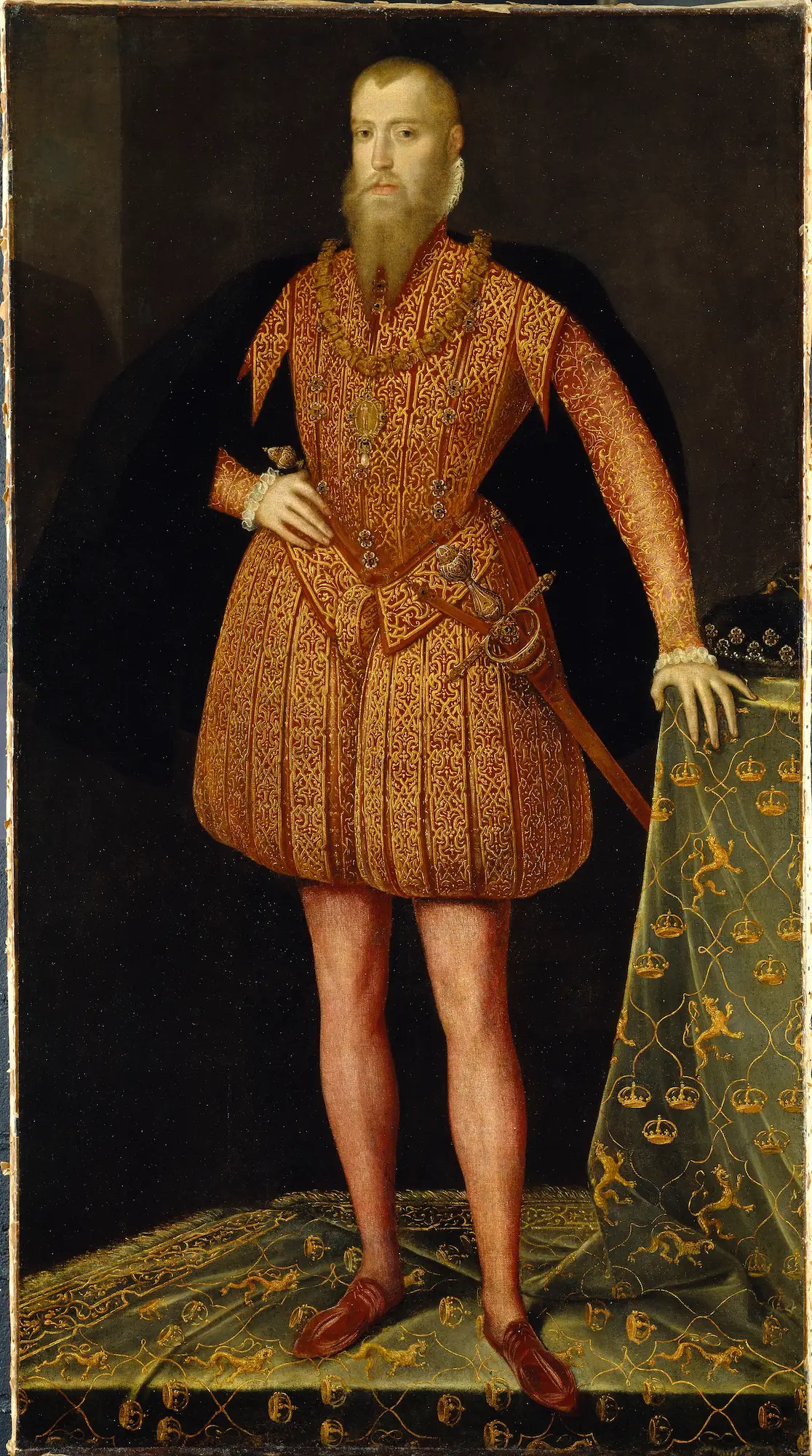
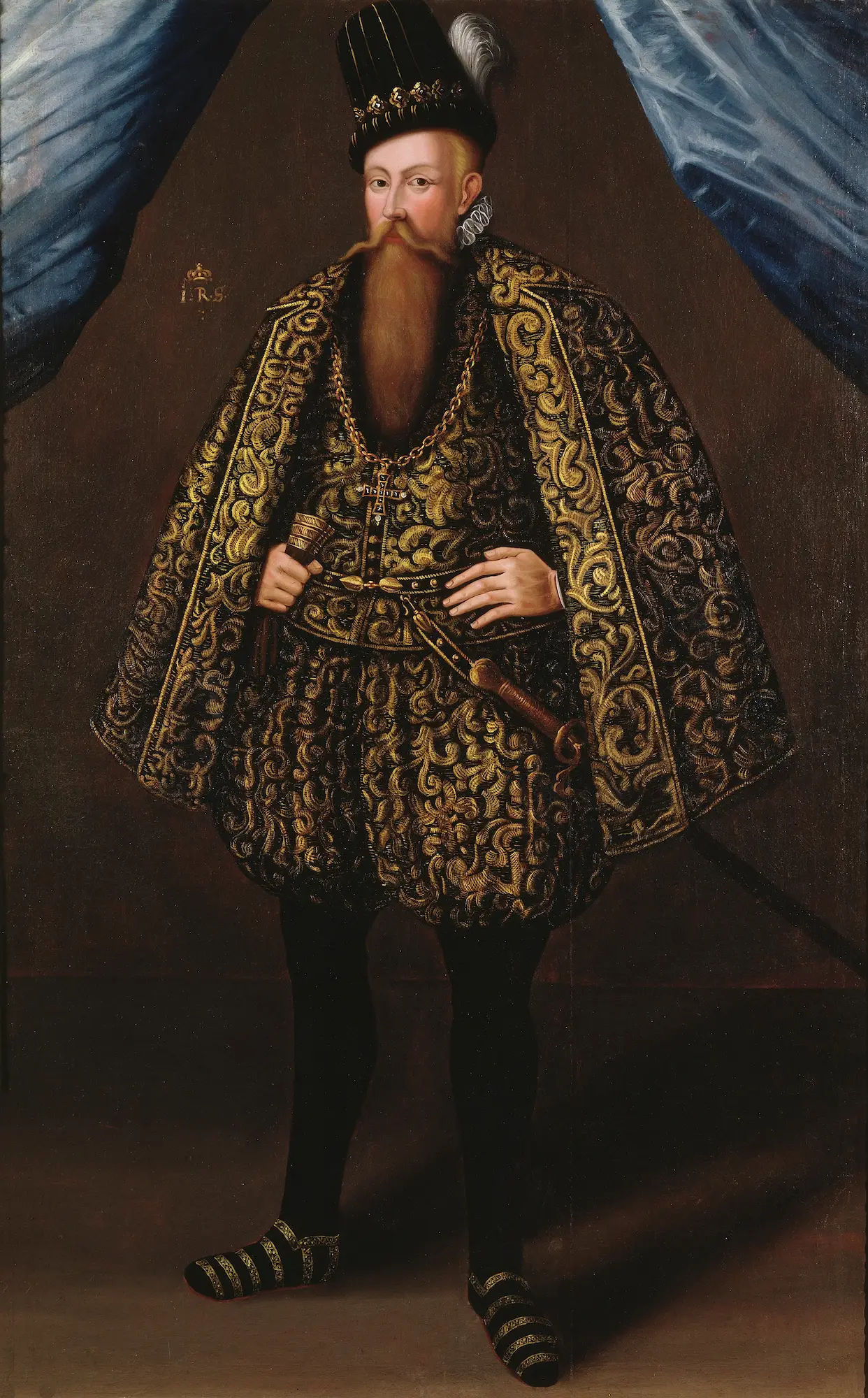
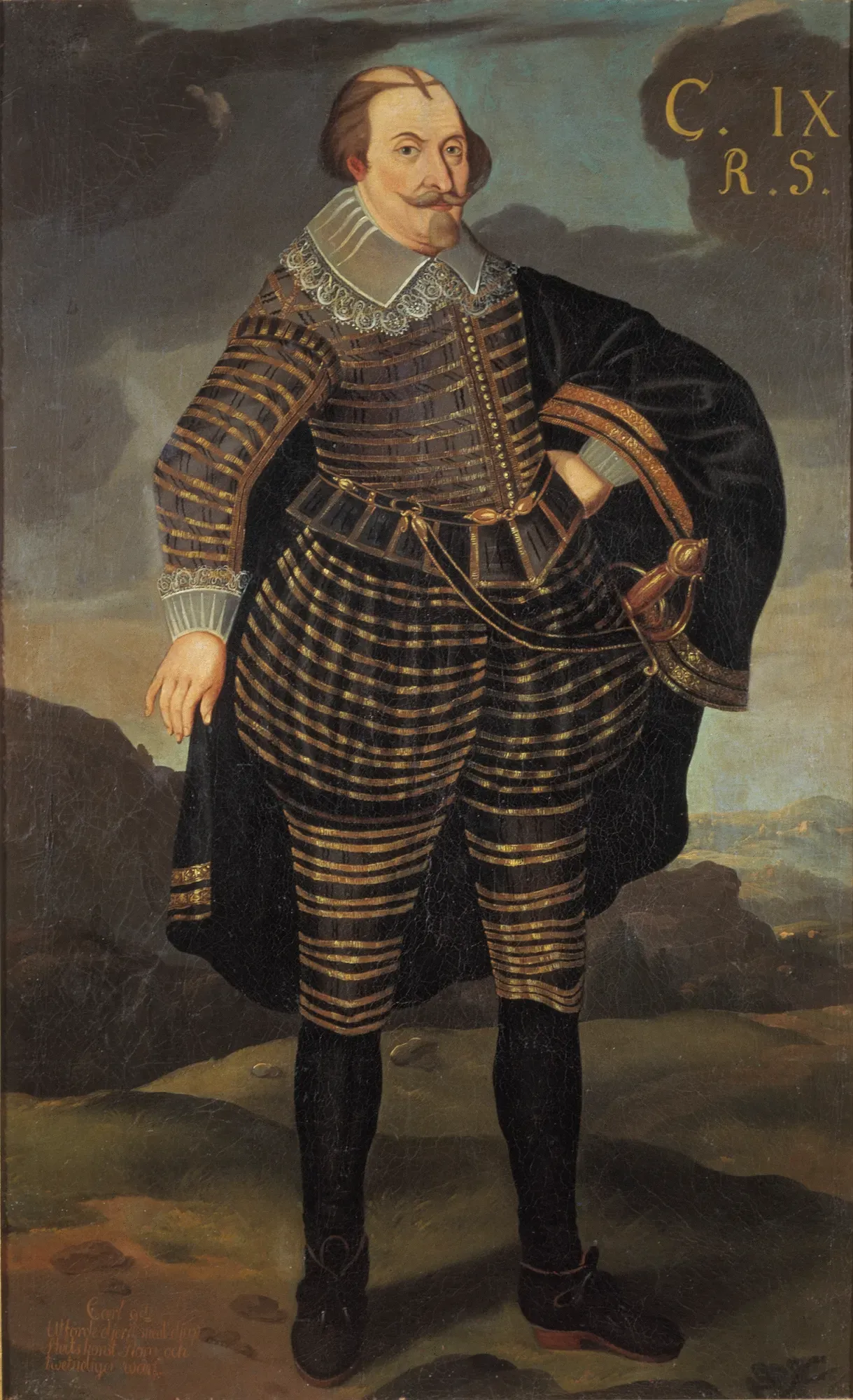
Fig. 1 - Steven van der Meulen (1543-1563), King Erik XIV of Sweden, 1561, oil on canvas. Image by Nationalmuseum (PDM). Fig. 2 - Johan Baptista van Uther (–1597), Johan III, 1537-92, konung av Sverige, 16th century, oil on canvas. Image by Nationalmuseum (PDM). Fig. 3 - Unknown artist, Karl IX, 1550-1611, konung av Sverige, 17th century, oil on canvas. Image by Nationalmuseum (PDM).
Johan: The bibliophile, reigned 1569 – 1592
Johan was the eldest child from Gustav I's second marriage with Margaret Leijonhufvud.
Between 1556 and 1563, he was the Duke of Finland. Johan had a special interest in Livonia, where he tried to expand and interfere, irking first his father and later his half-brother. He had previously worked with Erik to represent him in London, but by 1563, their relationship had soured enough for him to be tried for high treason.
In 1562, Johan married a Polish princess, Catherine Jagiellon.[[7]] She was the sister of Polish king Sigismund II Augustus, who happened to be at war with Erik. The alliance provided Johan with property in Livonia that violated the Arboga articles, driving the wedge deeper. Johan refused to align clearly with Sweden or Poland, leading to his 1563 summons, which Johan ignored. Thirty of his supporters were executed.
He overthrew Erik XIV, claiming it as deliverance from tyranny, and was crowned Johan III in 1569.
He was soon imprisoned at Turku castle, and following a brief battle, moved to the prison at Gripsholm Castle with his wife – and as many books as they desired. Johan and Catherine had three children while at Gripsholm, two of whom survived to adulthood – Sigismund, future king of Poland and Sweden, and Anna, who was politically influential and close to her brother.
Following the Sture Murders, Johan was released. He overthrew Erik XIV, claiming it as deliverance from tyranny, and was crowned Johan III in 1569. Among other actions, he freed Duke Karl from the Arboga articles – though he would later ask him to sign something uncannily similar – and granted privileges to the nobility. His reign saw the Twenty-Five Years' War with Russia, which he did little to prevent, instead stoking the rivalry with Russia's Ivan the Terrible.
Johan is also remembered for his attempts to mediate with the Catholic church, at least until his remarriage to a very Protestant wife in 1585[[8]], after the death of Catherine. Johan III died in November 1592, not leaving the region much better than he had found it. He was succeeded to the Swedish throne by his son Sigismund, who in turn would be overthrown in a coup by Duke Karl.
Karl: The rebel, reigned 1604 – 1611
The youngest son of Gustav Vasa, Karl was only ten years old when his father died. His inheritance included some duchies and parishes, as well as vassalage to his half-brother Erik, which was largely nullified by the Arboga articles. Karl grew up quickly, commanding the artillery in Varberg in the Northern Seven Years’ War, aged only fifteen. He was the Duke of Södermanland, and led or participated in rebellions against his brothers Erik and Johan, as well as his nephew Sigismund.
He had allegedly held Johan's body hostage, refusing its burial until Sigismund agreed to his conditions.
Karl campaigned on religious grounds, aiming to retain the legacy of Protestantism initiated by his father – unlike his nephew Sigismund, who was raised Catholic due to his allegiance to Poland. While Sigismund continued to reside in Poland as the king of both countries, Karl managed his affairs in Sweden. He had allegedly held Johan's body hostage, refusing its burial until Sigismund agreed to his conditions.[[9]] Karl eventually used his position in Sweden as an opportunity to strengthen and gain favour in the Riksdag to overthrow Sigismund.
In 1595, Karl was declared the regent, and his increasing tension with the king led to a year-long rebellion in 1598 known as the War Against Sigismund. The king eventually lost and was captured and exiled. Karl also had a rocky relationship with the nobility, and following his triumph, traitorous noblemen were executed in the Linköping Bloodbath.
Karl was the Protector of the Realm from 1599, but it took a few more years for him to be declared sovereign. In 1604, Sigismund was considered to have abdicated the throne. The crowning of Karl IX, as he became known, was further postponed till 1607, and he died in 1611. His reign involved various wars, especially with Poland, Russia and Denmark-Norway. He had several children from two marriages and a mistress,[[10]] only five of whom lived to adulthood. Among them was Gustavus Adolphus, the future king of Sweden.
Polmanarkivet is sustained by its Stewards
We have made this article free because we believe our family history belongs to everyone. If you value this work, please consider becoming a Steward of the Archive. Your annual contribution ensures these stories are never lost again.
Become a Steward[[1]]: Both Erik and later Karl took their numbers based on a fictitious history.
[[2]]: Jöran Persson (1530–68)
[[3]]: He is often referred to as “The Mad King".
[[4]]: “King Erik XIV", The Royal Palace, https://www.kungligaslotten.se/english/list-of-swedish-monarchs/erik-xiv.html
[[5]]: He had two more offspring with Karin while incarcerated, but both died young.
[[6]]: "During the 1568 coup against King Erik XIV by his brothers, Gunnar Galle – who had been ennobled by the king – was beaten to death by Peder Arvidsson Kase for his loyalty. Gunnar’s wife was pregnant at the time." Source?[c] Galle was the grandfather of Christina Lilliesparre, and the murder occurred at Ugglansryd.
[[7]]: Prior to his marriage, he had a relationship and four children with lady-in-waiting Karin Hansdotter. They were all given the surname “Gyllenhielm”, reserved for illegitimate children from Gustav Vasa's royal line.
[[8]]: Gunilla Bielke, with whom he had a son also named Johan. He would go on to marry Karl's daughter, his first cousin.
[[9]]: Johan III was finally buried in February 1594. Joseph M. Gonzalez, “Power Incarnate: The Royal Body at the Funeral of John III, King of Sweden, 1592", Sixteenth Century Journal, Vol. 54, No. 3-4, 2023 https://www.journals.uchicago.edu/doi/abs/10.1086/727954
[[10]]: His first marriage was in 1579 to Maria of the Palatinate, with a daughter Christina; his second marriage was in 1592 to Kristina of Holstein-Gottorp, with three surviving children – Gustavus Adolphus, Maria Elizabeth (married Johan's son) and Charles Philip; his mistress was Karin Nilsdotter, with whom he had a son named Karl Karlsson Gyllenhielm in 1574.

